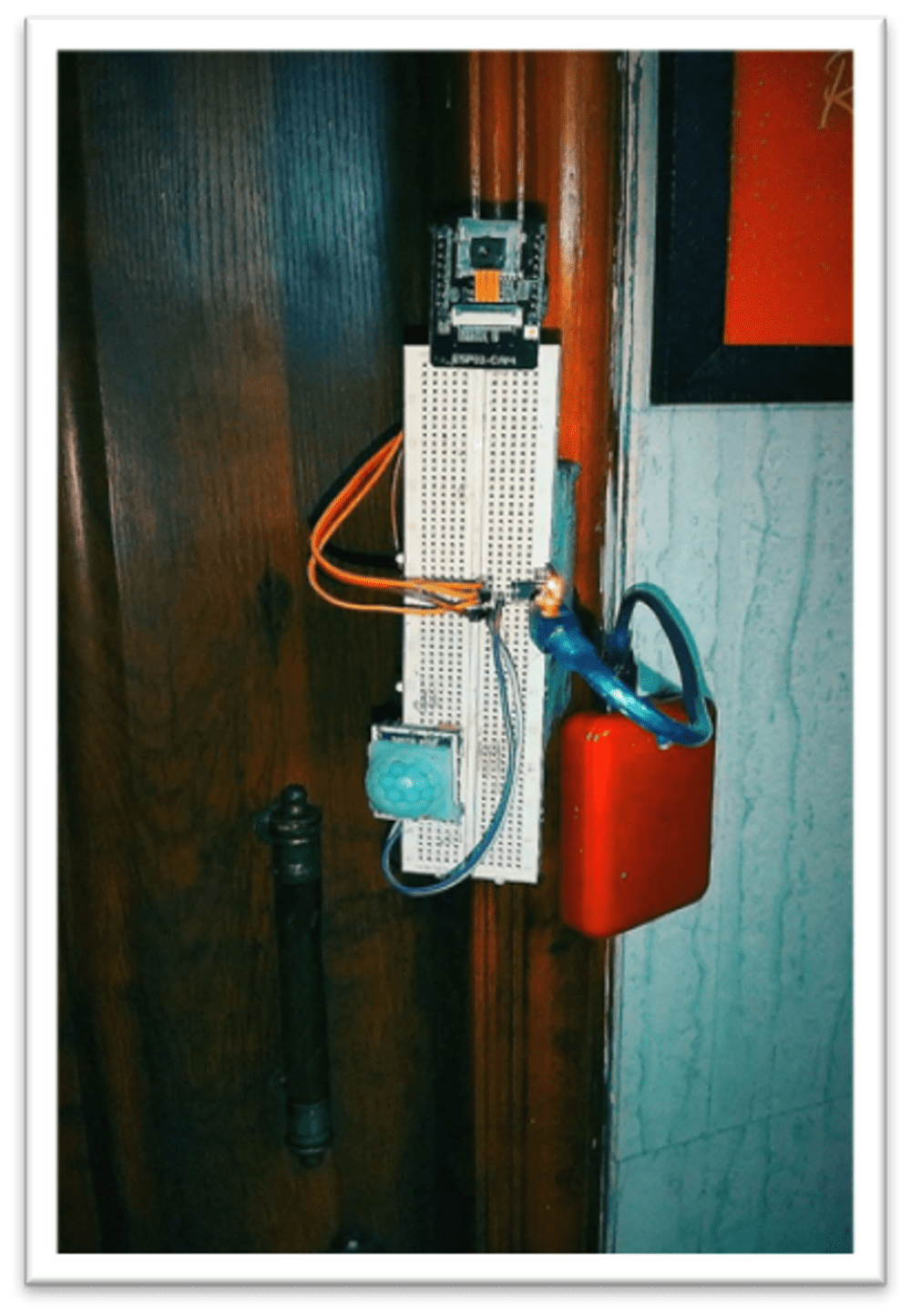The research focuses on configuring a simple home security framework using a PIR sensor (Passive Infra-Red) in combination with a microcontroller. The framework aims to detect and monitor the area, responding effectively to security threats.
The components used in this framework are as follows:
PIR Sensor: The PIR sensor is a motion sensor that detects the infrared radiation emitted or reflected from objects within its range. It can sense the motion of a person entering the house.
USB TO TTL Converter: This interface module allows communication between the microcontroller and the computer via USB. It is used to program the microcontroller and establish a serial connection.
ESP32-CAM Development Board: This is a Wi-Fi development board based on the ESP32 module. It provides wireless connectivity and serves as the main microcontroller for the security framework.
The system design involves connecting the lighting system and a webcam to the PIR sensor. When an intruder enters the detection range of the sensor, it generates an output signal. This signal is amplified and used to activate the lighting system and the webcam. A software program running on the microcontroller detects the activation of the webcam and starts capturing photos. The captured photos are then sent to a Telegram application for notification.
To set up the software, you need to create a Telegram Bot on the Telegram application installed on your smartphone. This bot will allow you to interact with the security system and receive alerts. You also need to obtain your Telegram Chat ID to ensure that only authorized users can interact with the system. The Telegram Bot will provide a bot token that needs to be entered in the code running on the ESP32-CAM module for interaction with the bot.
The methodology involves designing a home security system controlled through the internet using the ESP32-CAM module. The PIR motion sensor detects motion and triggers the system. When motion is detected, the ESP32-CAM takes photos and sends them to the Telegram application via the internet.
Please note that the provided information is an overview of the research and the components used. Further details regarding the circuitry, code implementation, and specific steps are not provided.
Like this entry?
-
About the Entrant
- Name:Yugan Nithish Kumar T
- Type of entry:individual
- Patent status:none

